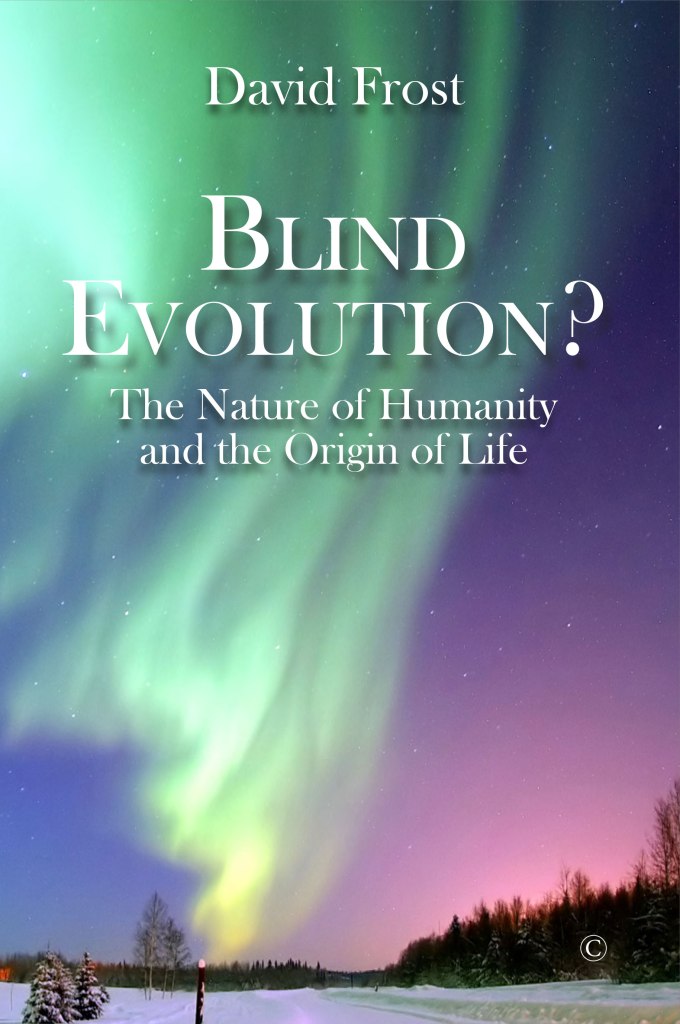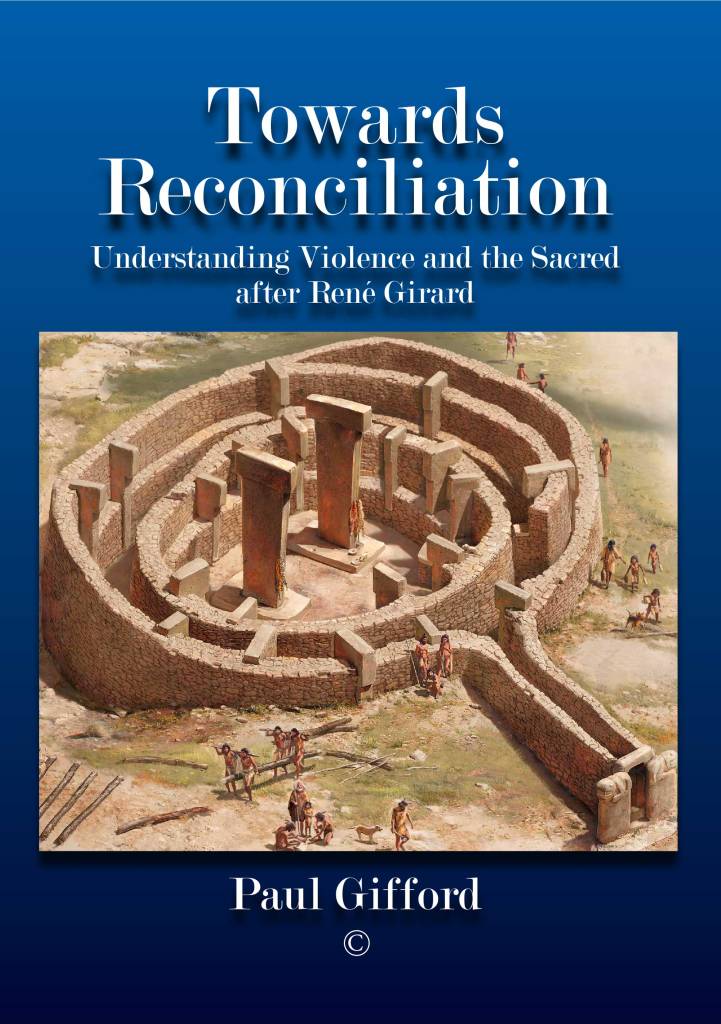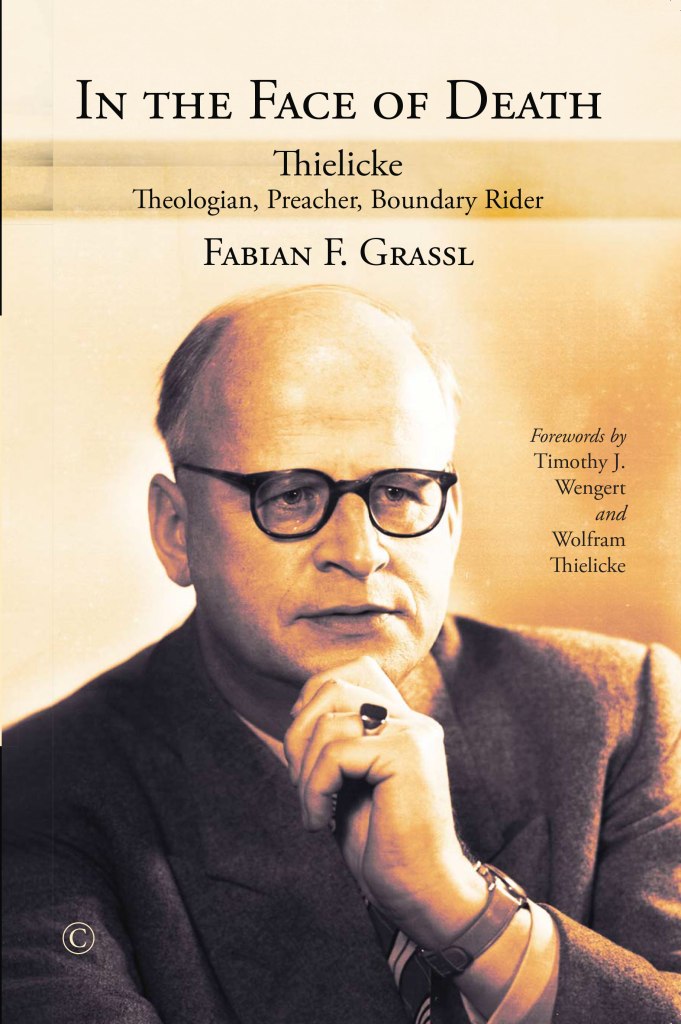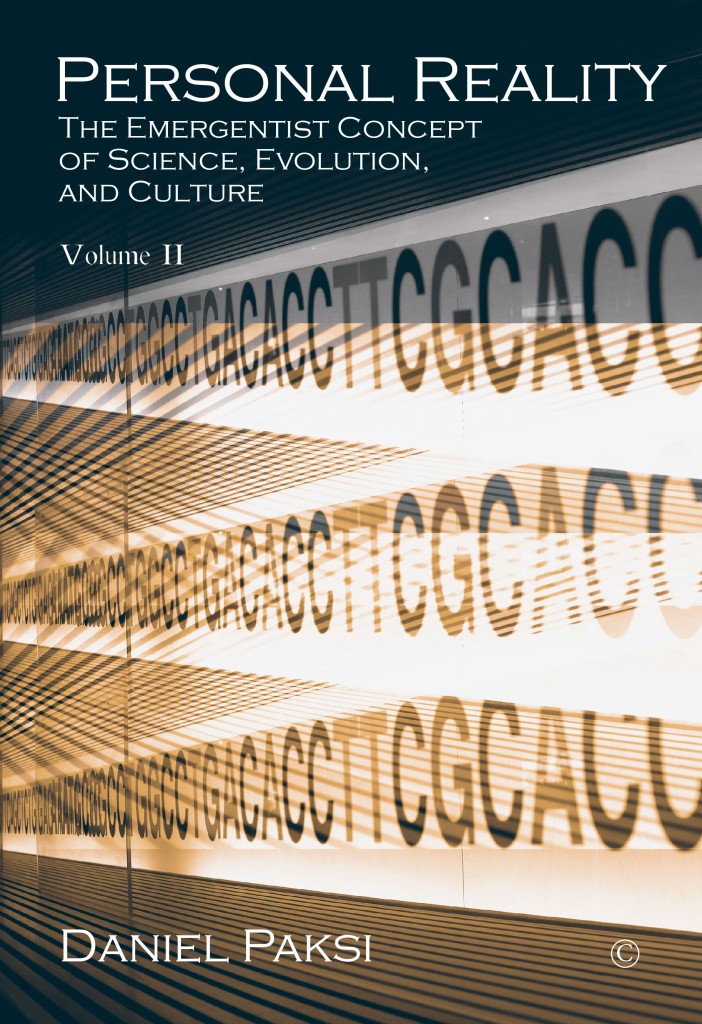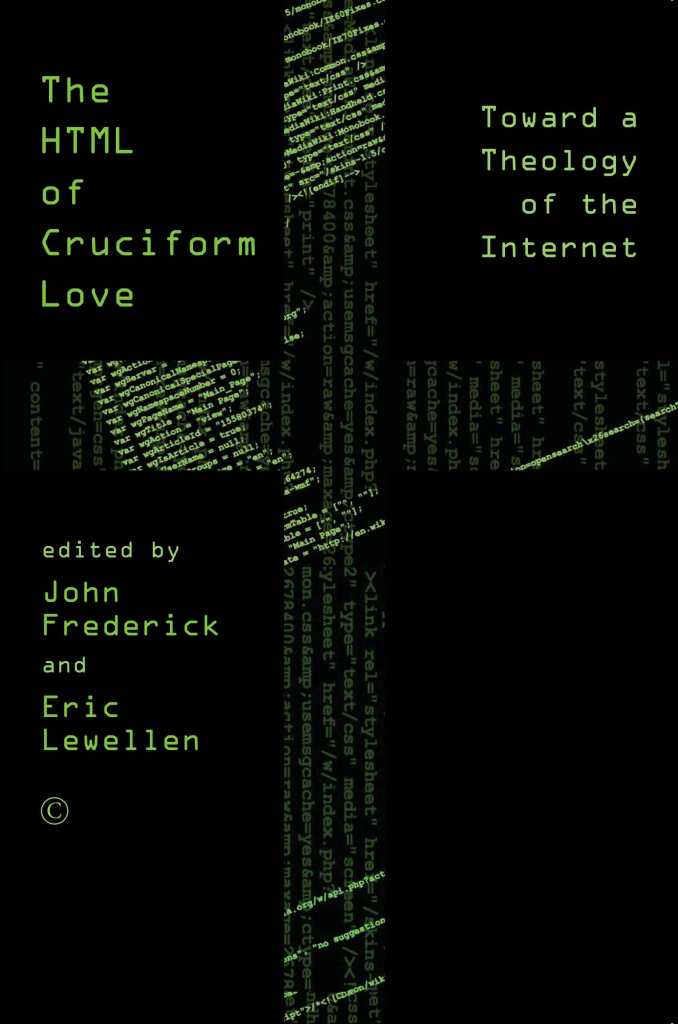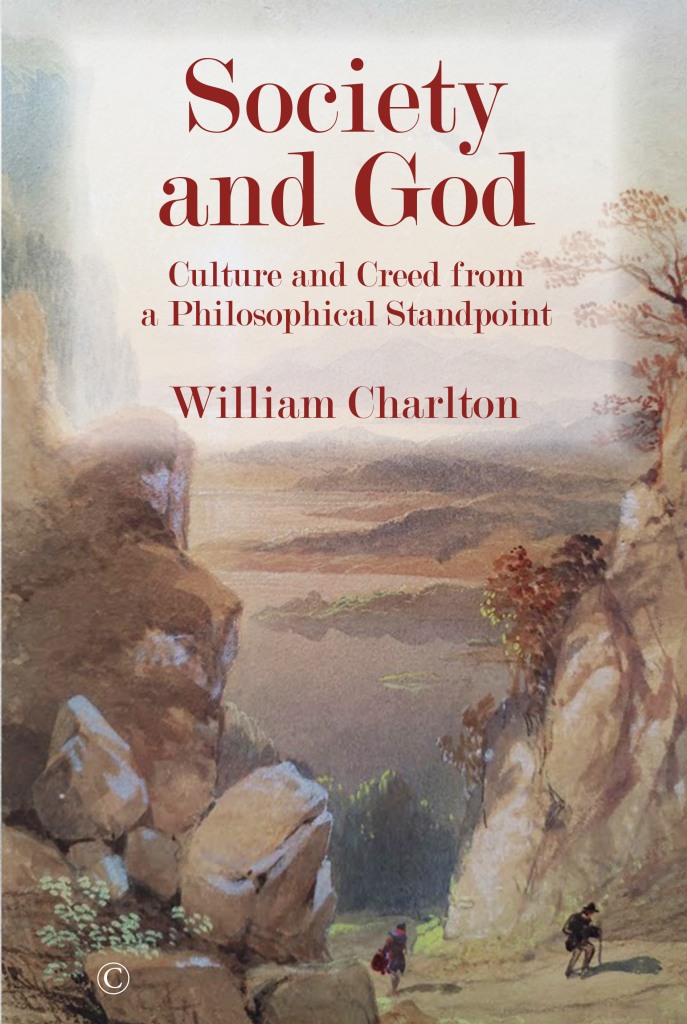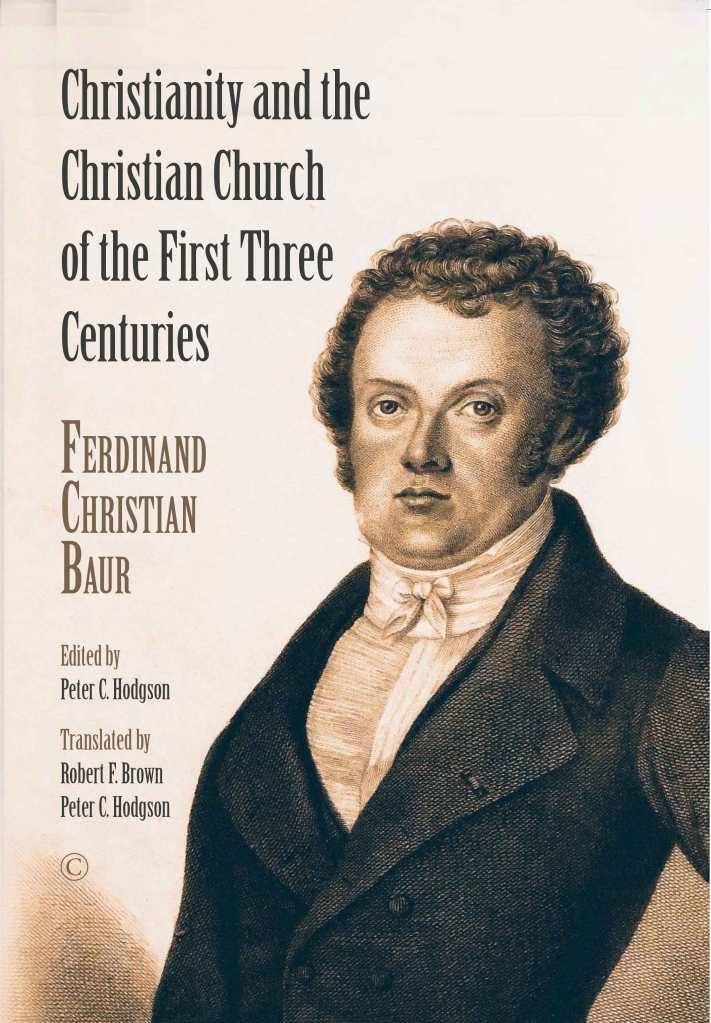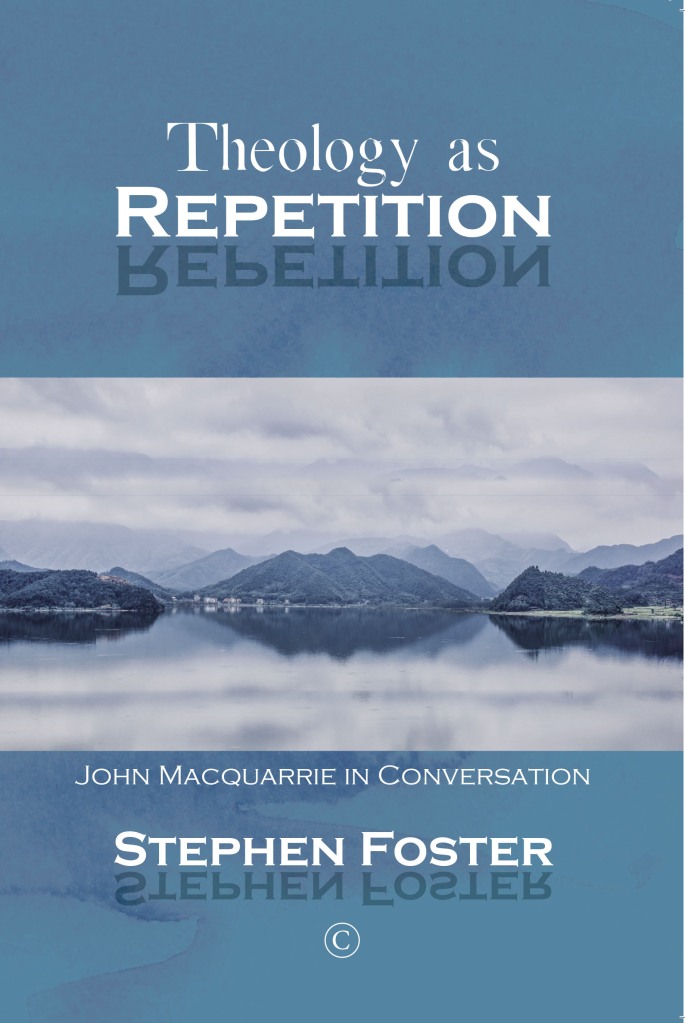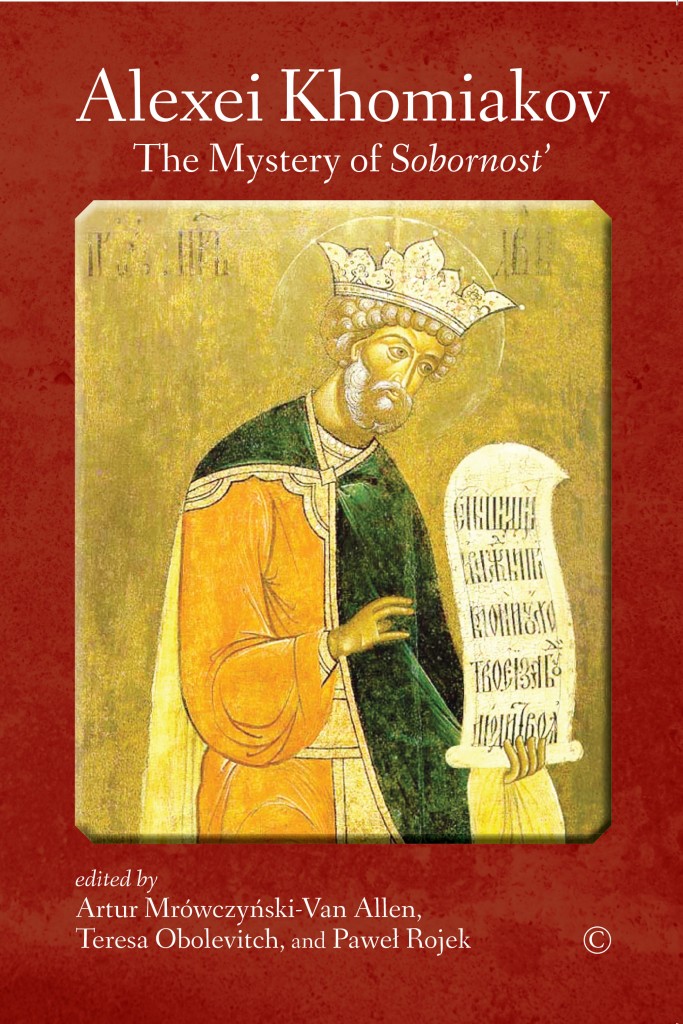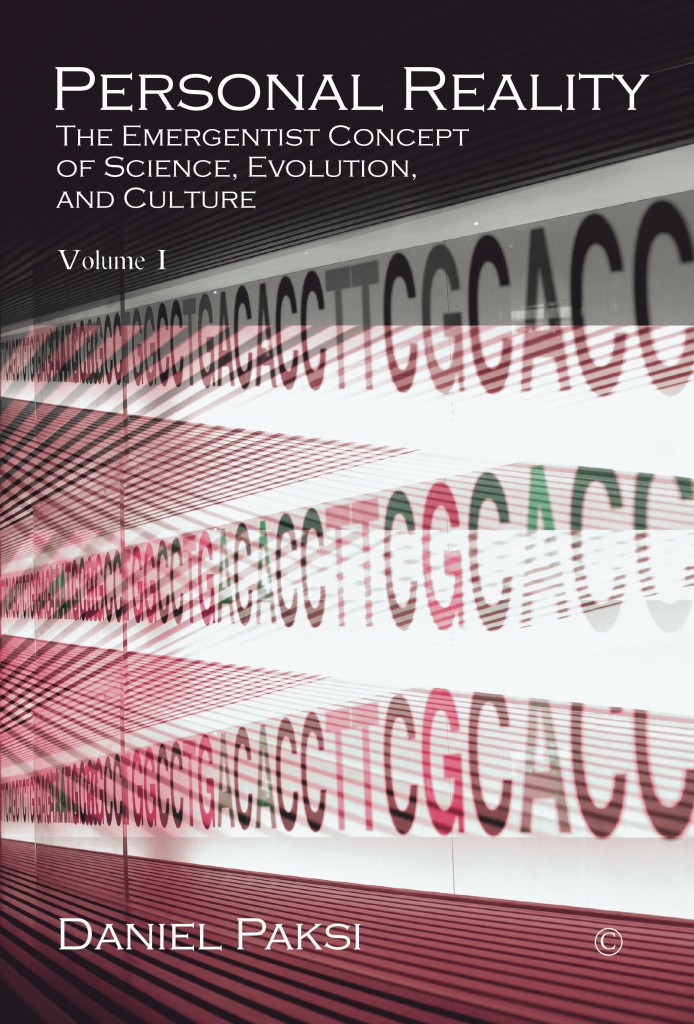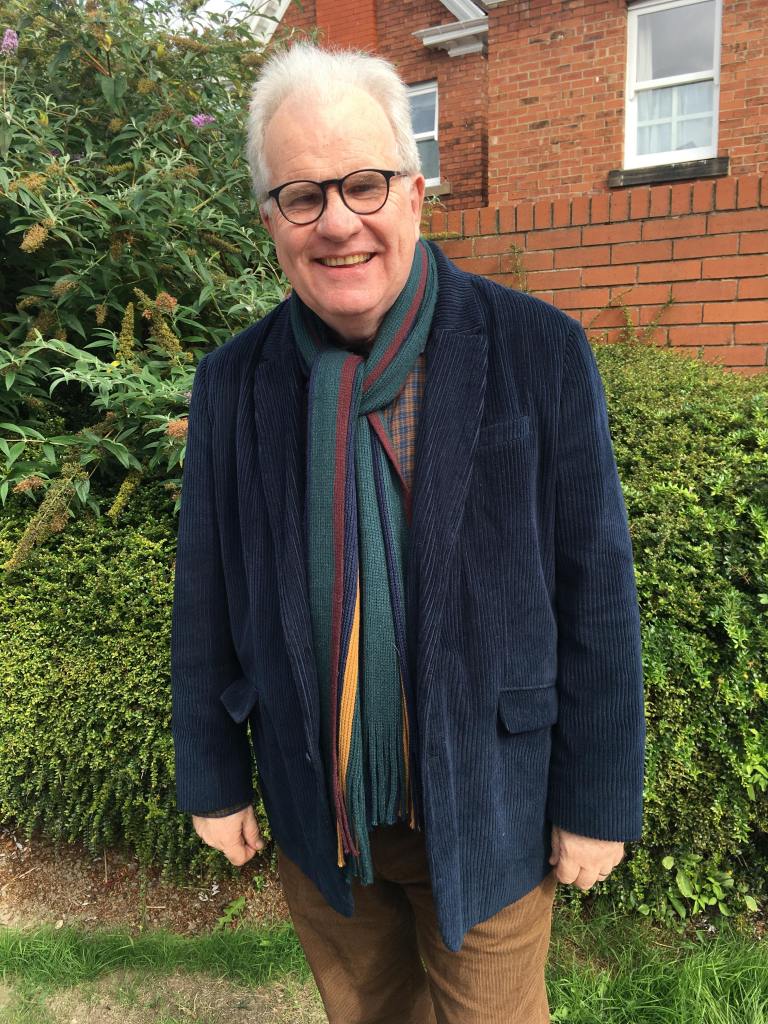
We sat down for a chat with Joe Forde, author of Before and Beyond the ‘Big Society’: John Milbank and the Church of England’s Approach to Welfare (2022).
In addition to discussing his book, Joe talked about his theological and political influences and his recreational interests.
What inspired you to write Before and Beyond the ‘Big Society’: John Milbank and the Church of England’s Approach to Welfare?
In 2014, I took early retirement from a career in NHS management and decided to return part-time to academic study, as I had enjoyed my student years in the 1980s and wanted to recapture some of the joy that studying brought to me. I successfully completed my PhD in 2020, and Before and Beyond the ‘Big Society’ is – in significant part – based on that research. When thinking about a possible focus for the PhD, I wanted to combine a theological interest I had in welfare provision (something I had been nurturing over several years whilst working in the NHS), with a passion for historical research and writing that I had retained since my undergraduate days.
Why did you choose to focus your study on John Milbank’s theology of welfare?
Milbank is a theologian who takes an inter-disciplinary approach to his work, traversing the boundaries of history, philosophy, politics, economics and theology. As my own academic and professional background has been inter-disciplinary, I felt this would be of assistance when engaging with his ideas. Surprisingly, little has been written on his theology of welfare, despite the considerable influence it has had on reshaping welfare policy and strategy in the Church of England since 2008, which forms the core subject matter for the book. My aim was to explore this influence, and the ideas that underpin it, in ways that would be penetrating to the academic specialist, whilst being accessible to the intelligent lay reader.
Milbank’s broad based support for the ‘Big Society’ project that the Cameron Coalition government adopted between 2010 and 2013 is my case study (though I set his thinking in its historical and theoretical context). This was an initiative that sought to rebalance welfare provision in the UK – by making it less statist and more localist and voluntarist in its delivery. As such, the thinking underpinning that project challenged some of the assumptions on which the post-war British Welfare State had been founded. Often these were in ways that aligned with Milbank’s scepticism of the Welfare State and its theoretical underpinning – favouring a more communitarian and charity based level of welfare provision. My book examines the consequences of this thinking; making reference to the outcomes of the ‘Big Society’ project and demonstrating the extent to which Milbank has influenced welfare policy and strategy in the Church of England since 2008.
Who do you think the book will appeal most to?
I hope the book will appeal to a wide range of readers, and this is why I strove to make it as accessible as possible. I was, therefore, delighted to receive a review from Professor Peter Scott at the University of Manchester, who said: ‘Anyone interested in Anglican social theology, Blue Labour, and the contribution of theology to public life will benefit from reading this book.’ I hope academics, journalists, broadcasters, members of the clergy, members of the Christian Left and/or the Labour Party, and, indeed, anyone interested in welfare provision and the contribution that church communities can and can’t make to its delivery, will find much of interest to them in my book.
Which writers or academics do you think have had the greatest impact on you and why?
I have been influenced by writers from within the Anglican Socialist tradition, particularly William Temple and R.H. Tawney. I share much of their vision on welfare and related aspects, viewing the British Welfare State as an important way of redistributing wealth and advancing social democracy, resulting in a fairer and more just society. I have also been influenced by writers in the Fabian socialist tradition such as Roy Hattersley and Gordon Brown, and for similar reasons. Catholic social teaching has been another influence on me, especially the thinking of Pope John XXIII, whom I admire a great deal for his contributions to bringing about Vatican II. Theologically, I would describe myself as a liberal Roman Catholic from within the Christian realist strand of the tradition, and I think that is why the writings of Christian realists such as William Temple and Reinhold Niebuhr resonate with me every time I encounter them. Politically, I am a member of the Labour Party and the Fabian Society, and I would describe myself as a Fabian social democrat.
Do you have any future books or research projects lined up? Please tell us about these.
Since the book was published in 2022, I have been invited to present papers to bodies such as the British Progressive Christianity Network, Modern Church, and the Urban Theology Union, Sheffield, where I am an Honorary Research Fellow. I have also written and published a small number of journalistic-style articles, as well as book reviews for academic journals and blog sites. I am keen to do more of this, and would welcome any invitations along these lines. I am currently writing a piece on social care for Crucible: the Journal of Christian Social Ethics, and a tribute article on the late Revd Dr Kenneth Leech, for the CRCOnline website.
What do you enjoy doing in your spare time?
In my spare time I enjoy acting, and am currently a member of an amateur dramatics troupe based in Sheffield. I also enjoy radio, cinema, dog walking, reading, café culture, container gardening, visiting new places, and internet blogging. I am also Chair of Sheffield’s Church Action on Poverty.
Before and Beyond the ‘Big Society’: John Milbank and the Chuch of Englad’s Approach to Welfare by Joe Forde is available in both Hardback and Paperback for more information is available on our website.


